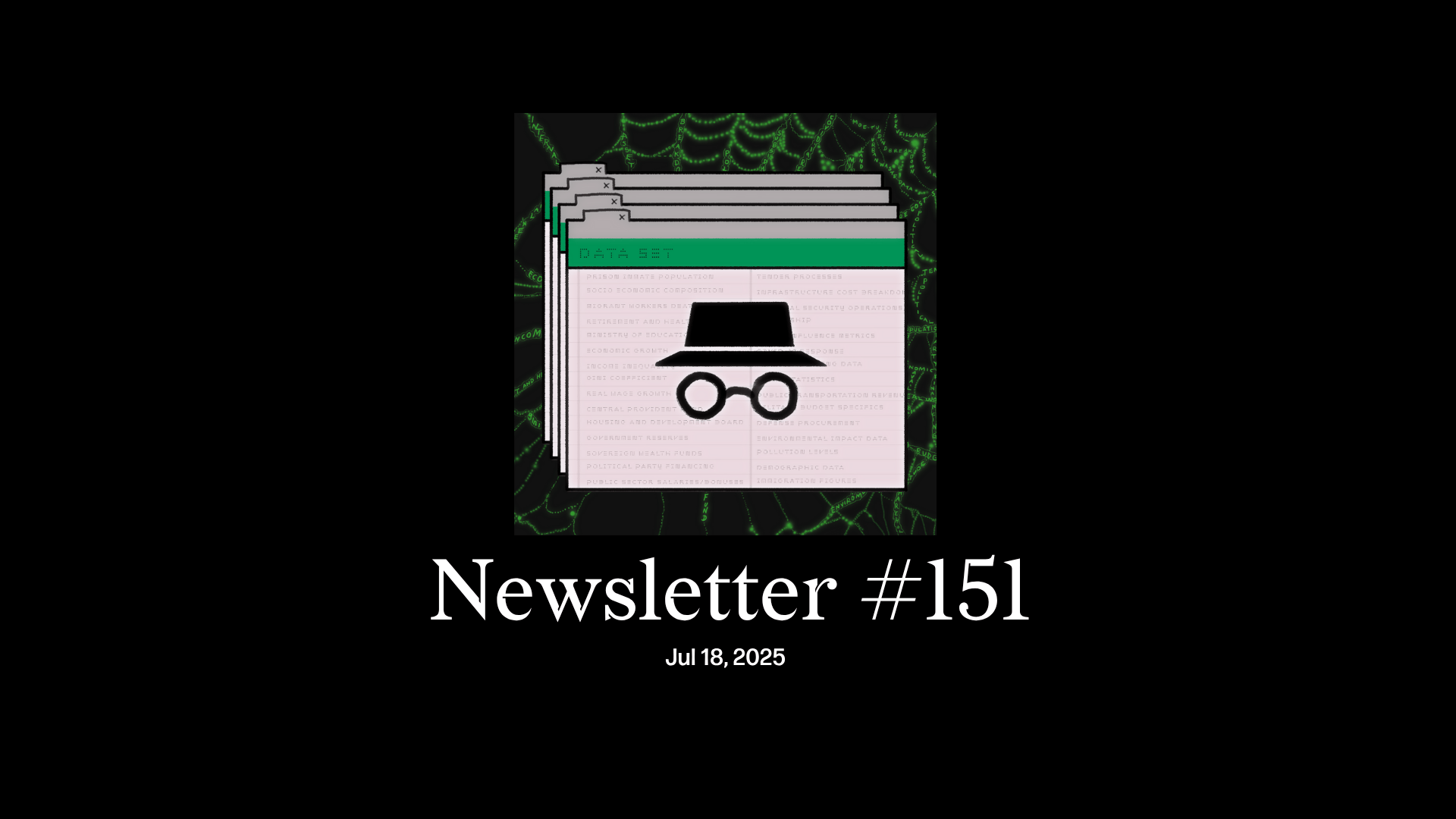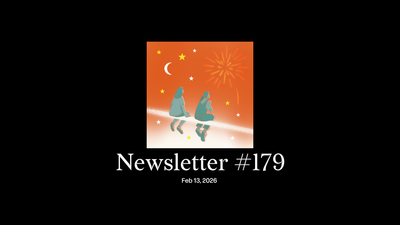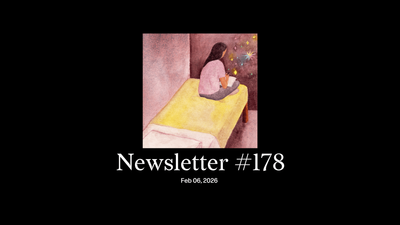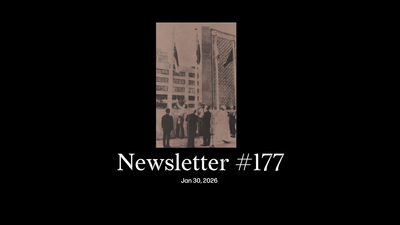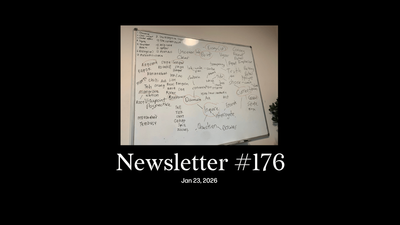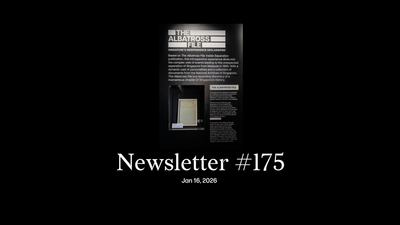Dear reader,
Cars are expensive, but Singapore is small, has a good public transport system, and so you don’t really need one. This is the refrain from visitors. In many ways it’s true, though they also don’t face the long slogs, crowded rush-hour buses and trains, and rising fares that affect many in the working class. Yes, Singapore would come to a standstill if the cost of car ownership was dramatically reduced. But what’s the fairest way to allocate those expensive certificates of entitlement (COEs)? For years, some have been calling for certain groups, like families, to have preferential access and pricing. Surely a middle-class family needs their first car more than a billionaire needs a second or third Bentley?
At an Economic Society of Singapore dinner, Lee Hsien Loong, senior minister, argued why a market-based approach, with the current auction system, is still the best way to allocate them. Jamus Lim, Workers’ Party MP, rebutted this, suggesting that humans did not want to “have every aspect of their lives determined in a transactional way. Society has values—about compassion, equity, respect, and loyalty—that are poorly valued by impersonal markets.” Lee, somewhat surprisingly, responded to Lim’s post: “Therefore where we disagree is not over who cares more for our fellow Singaporeans, but what is the best way to meet people's needs and take care of them.”
For many of us, COE prices may be the last thing we worry about. But it’s worth reading this civil, refreshing exchange of views, because of the differences it reveals about the two parties in our Parliament: their ideologies, values, and relative embrace of the market. Lim also said that “we are not mindless slaves to the prevailing structures and institutions present in the society we live in”, and several of our blurbs in “Singapore This Week”, from the Marina Bay Sands to the PSLE, examine these dogmas.
- Are the interests of MBS’s owners aligned with Singapore’s?
- As it turns 180, what does the future hold for The Straits Times?
- What is the real impact of the PSLE on kids and parents?
- Can cryo-conservation help stave off extinction?
- What can a century-old puppet from north-east Malaya tell us about ourselves?
- Artist Amanda Heng, and the politics behind national pavilions at the Venice Biennale
- The Singapore Fringe Festival’s dogged determination
- How eSIMs are disrupting the global roaming market
And more, in our weekly digest. Read it now.
Singapore Independent Media Fair, 1-7pm, July 26th at Golden Village x The Projector at Cineleisure.
Jom will have a booth here, come say hi! The exhibition is free, but panels are ticketed. We’ll be offering discounts on our print issues and tote bags, and for the first time will be selling prints of artwork by our contributors.
Essay: “A turn towards transparency: the case for more open data in Singapore” by Neo Hui Yuan
One of the great myths about Singapore, the “Smart Nation”, is that we prize data openness and transparency. Far from it. Part of the reason public discourse is crippled is that there isn’t enough freedom of information—say, on inequality, or ethnic breakdowns in universities or prisons. The long-standing suspicion is that politically inconvenient or possibly incendiary data is best kept under lock and key.
Today Neo Hui Yuan, a PhD candidate at Cornell University and first-time Jom writer, makes a strong argument for why more open data would benefit all parties in Singapore, including the ruling party and policymakers. Her essay opens with the remarkable, and ultimately doomed, six-year quest by Shannon Ang, NTU professor, to obtain basic data from CPF’s Retirement and Health Study.
“Like Kafka’s opaque proceedings, data access in Singapore can sometimes also seem like a black box to outsiders. While the front-end instructions and platforms for data application are clear, transparent, and institutionalised, the back-end processes of decision-making are often obscured.”
Hui Yuan’s research at Cornell examines information and data control in authoritarian regimes. Much of her research has been in Malaysia, whose experience is similar to ours. “The more an issue speaks to the narratives that underpin Malaysia’s socio-political equilibrium—say corruption, cost of living, and racial and religious divides—the harder it is to locate relevant data. But it wasn’t all doom and gloom. In fact, my conversations with various data stakeholders and bureaucrats in Malaysia were filled with optimism—data is becoming more accessible and transparent in the country, due in large part to the joint efforts between civil society and the bureaucracy.”
Two states, Penang and Selangor, have already implemented their versions of a freedom of information act (FOIA). To make it a reality here, Hui Yuan says that “civil society needs to come together to champion for data transparency as an encompassing cause.”
Whether we’re discussing cars, casinos, or children, a common pool of information and data is an essential starting point, partly so we can avoid the speculation, misinformation and disinformation that is poisoning public discourse globally. Hui Yuan’s is a call for solidarity as we strive to achieve a common, ultimate goal: a better understanding of each other and of our shared condition. Read it now.
Jom berubah,
Sudhir
Editor-in-chief, Jom
Behind Jom’s art, with Charmaine Poh
Michelle Tan is a frequent collaborator, often coming up with unexpected, playful responses to our essays. Her detailed eye for colour and dry, absurdist sense of humour come through even when the texts are sombre or foreboding. Yet the illustrations are hardly a distraction; instead, they offer another way for readers to contemplate these issues. One of her artworks, “Become One With The Tofu” (acrylic paint on a receipt), has a description that reads, “To become one with the tofu is to give up control and absorb everything life has to offer and embrace versatility.” With the relentless socio-political maelstrom around us, perhaps this mantra is one to adopt.
If you’ve enjoyed our newsletters, please scroll to the bottom of this page to sign up to receive them direct in your inbox.


